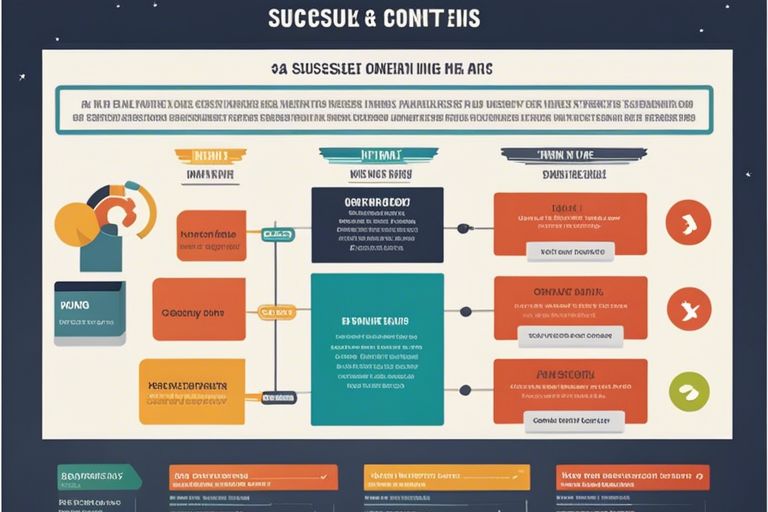Just like any other form of marketing, digital marketing campaigns need to be strategic in order to drive organic traffic to your website. Search Engine Optimization (SEO) plays a crucial role in ensuring your website ranks high on search engine results pages, leading to increased visibility and ultimately, more conversions. Here’s a comprehensive guide on how to set up a successful SEO digital marketing campaign:
Keyword Research: Keywords are the foundation of any SEO strategy. Conduct thorough research to identify relevant keywords that your target audience is searching for. Utilize tools like Google Keyword Planner to discover high-volume, low-competition keywords to optimize your content.
On-Page Optimization: Optimize your website’s meta tags, headers, and content with your chosen keywords. Ensure that your website is user-friendly, mobile-responsive, and loads quickly as these factors also impact your search engine rankings.
Quality Content: Content is king in the world of SEO. Create fresh, informative, and engaging content that provides value to your audience. Regularly update your blog with relevant topics to keep your audience engaged and attract more organic traffic.
Backlink Building: Backlinks are crucial for building authority and credibility for your website. Reach out to industry influencers, guest post on reputable websites, and participate in online communities to earn quality backlinks to your site.
Social Media Promotion: Leverage social media platforms to promote your content and engage with your audience. Share your blog posts, infographics, and videos on platforms like Facebook, Twitter, and LinkedIn to drive more traffic to your website.
Local SEO: If you have a physical business location, optimize your website for local search by creating a Google My Business account, obtaining reviews, and including location-based keywords in your content.
Monitor and Analyze: Use tools like Google Analytics to monitor the performance of your SEO campaign. Track key metrics such as organic traffic, bounce rate, and conversion rate to identify areas for improvement and make data-driven decisions.
Continuous Optimization: SEO is an ongoing process that requires constant monitoring and adjustments. Stay updated on the latest search engine algorithms and trends to adapt your strategy accordingly and stay ahead of the competition.
By implementing these strategies and staying committed to your SEO digital marketing campaign, you can drive organic traffic to your website, improve your search engine rankings, and ultimately, increase conversions. Remember that SEO is a long-term investment that requires patience and consistent effort, but the results are well worth it in the end.
CATEGORY:Website Design

